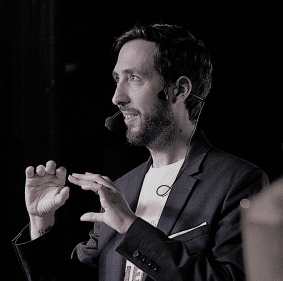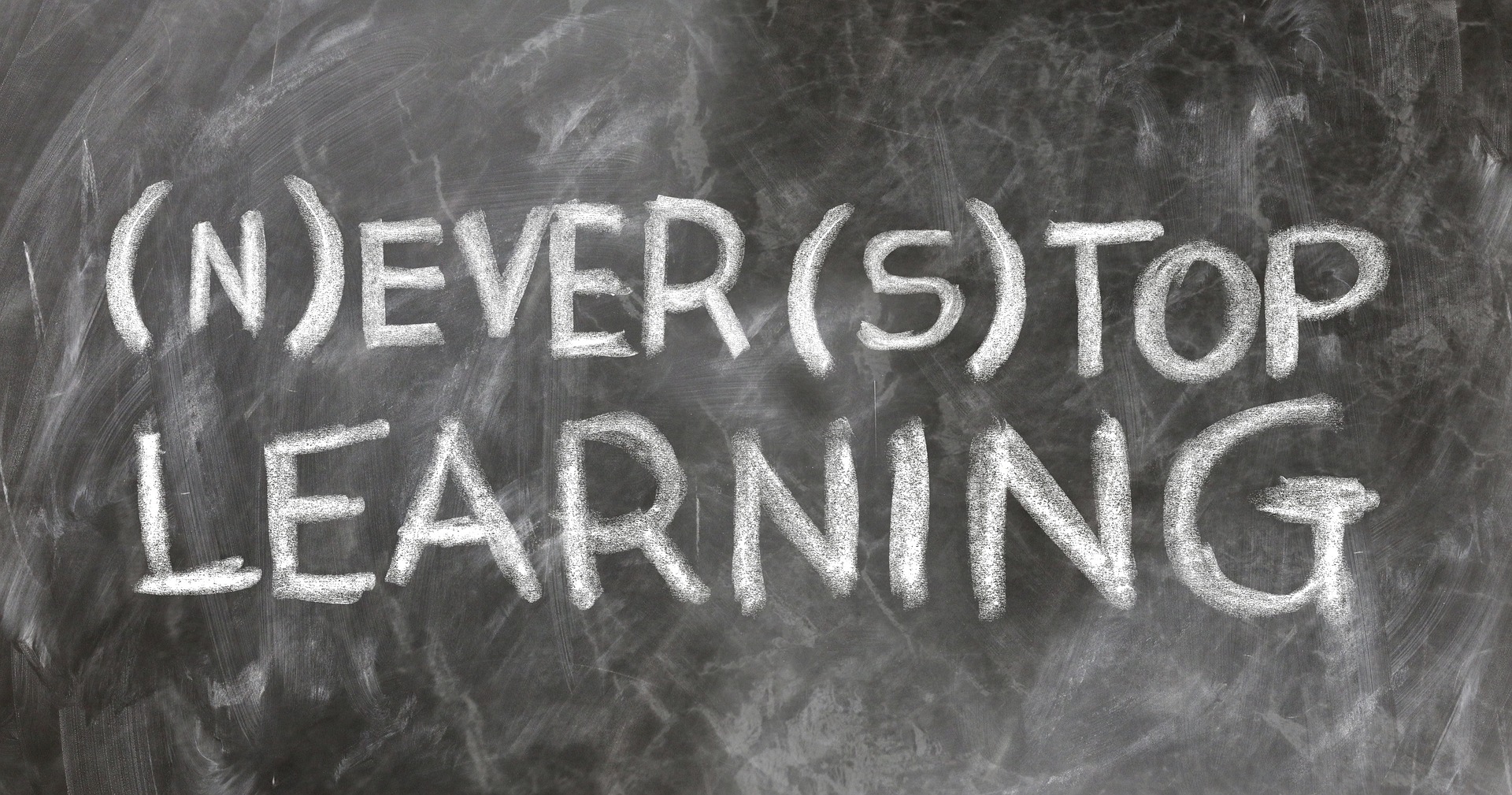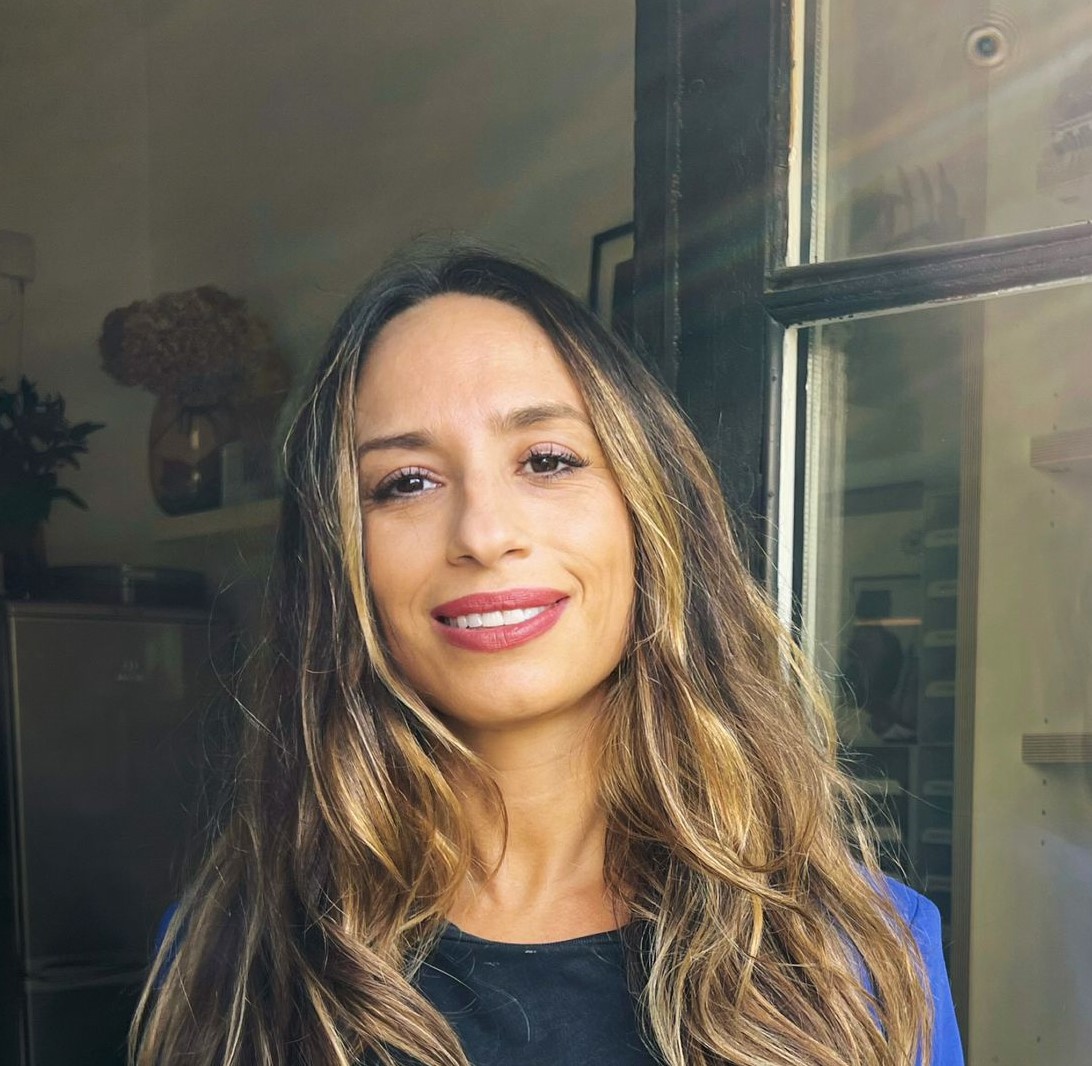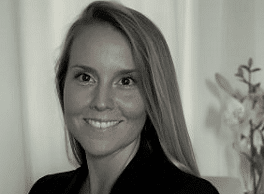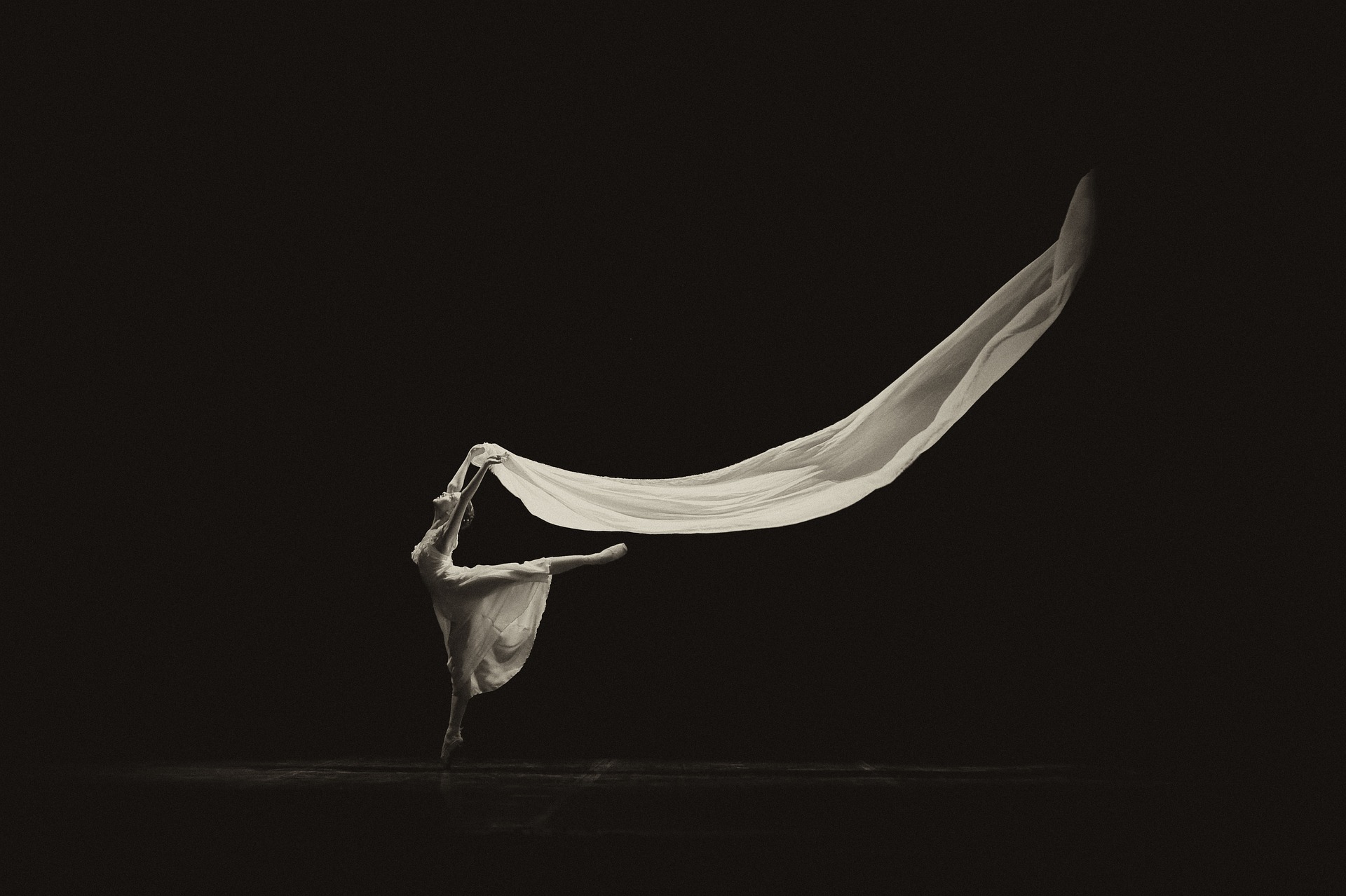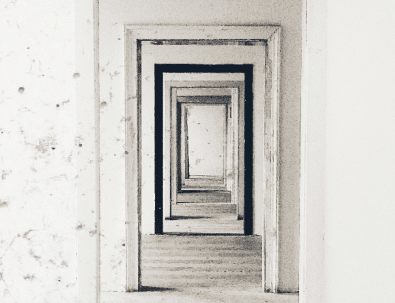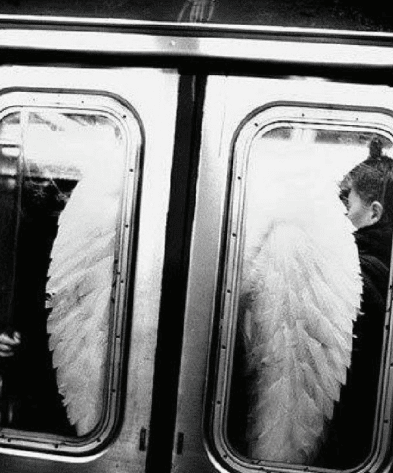Interview with Thaís Guerrero, lecturer in 'Social and International Etiquette'
Editorial The Lifestyle Institute | Author: María José Núñez | February 2023
Thaís began her professional career working at the Ritz-Carlton as a Concierge, where she found her calling as the doors opened to the world of elite hotels; a sector that only 1% of professionals in this field are able to access. She worked in Portugal and London, where she learned and discovered that her great passions were service and creating unique and incomparable experiences, as well as working with UHNWI profiles. Thaís Guerrero is our new lecturer on the subject ‘Social and International Etiquette’ and also COO and Residential Lifestyle Concierge at Alberta La Grup. In this interview she tells us how she got here, her experience in the III Edition of the Postgraduate, and, of course, about social etiquette.
(Sigue en español)
-How did you come to The Lifestyle Institute?
I have always liked training and I have previously taught teams in different hotel companies. I had also previously combined my professional career with that of a university lecturer. When I joined the Alberta La Grup team, I found the TLI project very interesting and really wanted to be part of it. When I was offered the opportunity to be a lecturer in the Postgraduate PRO programme, I couldn’t say no. I was very keen to be a part of it.
-Your subject is SOCIAL and INTERNATIONAL ETIQUETTE. Could you explain what this subject is about?
The subject deals with etiquette that is not categorised as protocol, but rather something that changes depending on which event we are attending, the situation we are in or the profile of the person in front of us. We are used to constantly talking about protocol, but can we not consider that which remains unwritten to be just as important? I definitely think so and it is important for someone who wants to work in this sector to know and understand this.
-What does etiquette mean to you? How would you define the concept?
Etiquette, for me, consists of those formalities that should not be neglected but also should not be strictly followed, as they would be in a protocol. They are manners that should be handled in a flexible way depending on the moment and the people we meet. There are some that should always be followed, even if they are not written as essential anywhere.
-Could you give us examples of when etiquette is essential in the professional life of a Personal Angel?
There are many, but one example is the body language we use, especially when dealing with people of different nationalities, because what is normal for us may be disrespectful in another culture. Another example is versatility in adapting to different situations, environments and when dealing with last minute requests. It is essential to know the type of event or meeting we are attending and how we should behave. In the end, social etiquette focuses on manners and an unwritten “protocol” centred on behaviours that cannot be overlooked.
“We are used to constantly talking about protocol, but can we not consider that which remains unwritten to be just as important? I definitely think so”
-What are the key points that you want to convey to your students in your subject with a view to their future professional career?
The importance of knowing where and with whom we are, how to manage a crisis situation while keeping calm at an event, how to behave in front of clients or guests of different nationalities and what to transmit through our gestures and details.
-Any anecdote or curious fact that you have experienced while teaching on the POSTGRADUATE or in your professional life.
I was struck by the general lack of knowledge about social etiquette. We often overlook things that are very important when interacting with other people, whether for business or at a relaxed event. I have learned that there are many things that are not talked about and that are very important for a graduate student to know in order to have a successful career.
Translation: Emily Benton
Photo: TLI
Copyright ©by Alberta La Grup
If you wish to re-print this article or photos, that’s fine. Just include the biography at the end of the article. Thank you!
“La etiqueta social se centra en modales y un protocolo no escrito centrado en comportamientos que no pueden pasarse por alto”
Entrevista a Thaís Guerrero, lecturer de la asignatura ‘Social and International Etiquette’
Editorial The Lifestyle Institute | Autora: María José Núñez | Febrero 2023
Empezó su carrera profesional trabajando en Ritz-Carlton como Concierge, donde encontró su escuela y pudo ver cómo se le abrían las puertas al mundo hotelero de élite; un sector al que solamente accede el 1% de profesionales en este ámbito. Estuvo trabajando en Portugal y Londres, y allí fue aprendiendo y descubriendo que sus grandes pasiones eran: el servicio y crear experiencias únicas e inigualables, así como trabajar con perfiles UHNWI. Ella es Thaís Guerrero, nuestra nueva lecturer de la asignatura ‘Social and International Etiquette’, y además, COO y Residential Lifestyle Concierge area en Alberta La Grup. En esta entrevista nos cuenta cómo llegó hasta aquí, su experiencia en esta III Edición del Postgrado, y por supuesto, sobre la etiqueta social.
-¿Cómo llegaste a The Lifestyle Institute?
Siempre me ha gustado la formación y he impartido clases con anterioridad a equipos en diferentes compañías hoteleras. También había combinado con antelación mi carrera profesional con la de profesora universitaria. Al unirme al equipo de Alberta La Grup, me pareció muy interesante el proyecto de TLI y me interesaba mucho formar parte de él. Cuando se me ofreció la posibilidad de ser lecturer del Postgrado PRO, no pude decir que no.
-Tu asignatura es SOCIAL and INTERNATIONAL ETIQUETTE. ¿Podrías explicarnos de qué trata esta materia?
La asignatura trata de aquella etiqueta que no está categorizada como protocolaria, pero que debemos cuidar dependiendo del evento al que asistamos, la situación en la que nos encontremos o el perfil de persona que tengamos delante. Estamos acostumbrados a hablar constantemente de protocolo, pero, y aquello que no está escrito, ¿es igual de importante? Definitivamente sí, y es importante que alguien que desea dedicarse a este sector conozca y entienda.
-¿Qué significa para ti la etiqueta? Cómo definirías el concepto brevemente.
Etiqueta, para mí, son aquellas formalidades que no deben descuidarse pero que tampoco deben seguirse estrictamente como en un protocolo. Son aquellos modales que deben cuidarse de manera flexible dependiendo del momento y de las personas con las que nos encontremos. Hay algunos de ellos que deberían seguirse siempre, aunque no estén escritos como esenciales en ningún lado.
-¿Nos podrías poner ejemplos de cuándo es fundamental la etiqueta en la vida profesional de un Personal Angel?
Hay muchos, pero algunos de ellos serían el lenguaje corporal que usamos; sobre todo, cuando tratamos con personas de diferentes nacionalidades, pues lo que para nosotros es normal, en otra cultura puede ser una falta de respeto. La versatilidad a la hora de adaptarnos a diferentes situaciones, ambientes y peticiones de último momento. Es esencial saber el tipo de evento o reunión que atendemos y cómo debemos comportarnos. La etiqueta social, al final, se centra en modales y un “protocolo” no escrito centrado en comportamientos que no pueden pasarse por alto.
“Estamos acostumbrados a hablar constantemente de protocolo, pero, y aquello que no está escrito, ¿es igual de importante? Definitivamente sí…”
-¿Cuáles son las claves que les quieres trasladar a tus alumnos en tu asignatura de cara a su futuro camino profesional?
La importancia de saber dónde y con quién nos encontramos, cómo gestionar una situación de crisis manteniendo la calma en un evento, cómo comportamos ante clientes o huéspedes de diferentes nacionalidades y qué transmitir a través de nuestros gestos y detalles.
– Alguna anécdota o curiosidad que te haya ocurrido dando clases en el POSTGRADO o en tu vida profesional.
Me llamó mucho la atención el desconocimiento que existe en general de la etiqueta social. Muchas veces pasamos por alto cosas que son muy importantes a la hora de interactuar con otras personas, ya sea por negocios o en un evento relajado. He aprendido que hay muchas cosas de las que no se hablan y que es muy importante que un estudiante de Postgrado conozca para una carrera profesional de éxito.
Copyright ©by Alberta La Grup
If you wish to re-print this article or photos, that’s fine. Just include the biography at the end of the article. Thank you!


